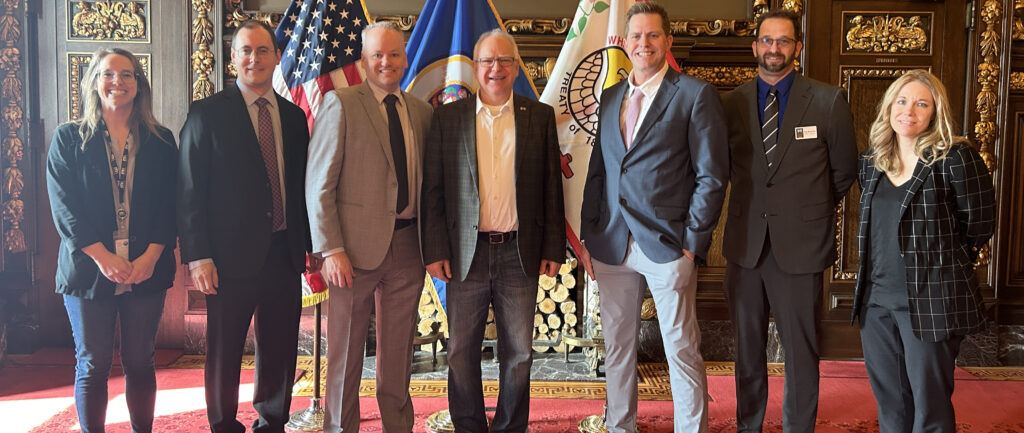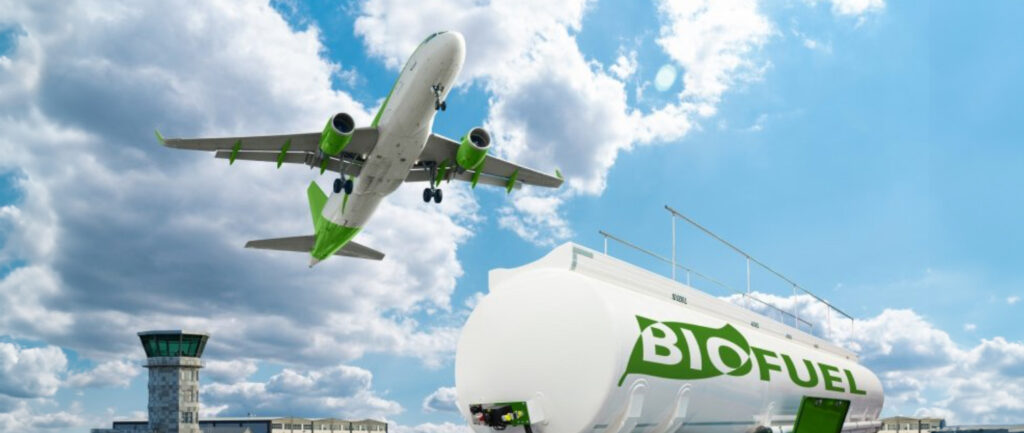This August marks the 16th anniversary of the Renewable Fuel Standard (RFS), a policy that has played a keystone role in decarbonizing America’s diesel fuel supply. On the heels of the anniversary, National Biodiesel Board CEO Donnell Rehagen noted the sustainable growth of the biodiesel industry under the RFS and urged policymakers to continue supporting future growth.
“The Renewable Fuel Standard has been crucial to growing the advanced biofuel industry, and it will remain essential for future decarbonization efforts across the country,” Rehagen said. “The RFS supported the sustainable growth of a 3-billion-gallon market for biodiesel and renewable diesel that has cut 143.8 million metric tons of carbon emissions over the past decade. We cannot afford to lose ground now. This policy should support continued growth of advanced biofuels as our industry strives to reach 6 billion gallons by 2030.”
Created under the Energy Policy Act of 2005 and expanded to specifically include biodiesel and renewable diesel, jet fuel, and heating oil under the Energy Independence and Security Act of 2007, the RFS drives the development of advanced biofuels that reduce carbon emissions from some of the hardest economic sectors to decarbonize.
With broad bipartisan support, Minnesota became the first state in the country to require virtually all of the diesel sold during warm-weather months to contain a 20% biodiesel blend. During the winter months, Minnesota fuel stations sell a 5% biodiesel blend. Each year, cleaner-burning, renewable biodiesel displaces roughly 130 million gallons of petroleum diesel in Minnesota. This is especially important for the older vehicles that lack the pollution control devices now required for all diesel vehicles sold in the United States.
In Minnesota, using B20 in the summer and B5 in the winter has an effect equal to removing the emissions from approximately 245,000 vehicles from state roads each year. According to a recent National Biodiesel Board (NBB) study, switching to B100 (100% biodiesel) would create a 45% reduction in cancer risk when heavy-duty trucks such as semis use B100, and 203,000 fewer or lessened asthma attacks.
The U.S. Environmental Protection Agency has declared biodiesel as the first advanced biofuel in the industry. The biodiesel industry now supports nearly 60,000 jobs nationwide and more than 5,000 jobs in Minnesota alone, and it contributes nearly $1.7 billion toward economic activities in the state. It also boosts demand for soybeans by an estimated 13%. Minnesota supports biodiesel plants in Albert Lea, Brewster and Isanti, which produce approximately 85 million gallons of the renewable fuel each year.
In 2022, Minnesota Soybean will celebrate the 20th anniversary of B2 being signed into law by then-Gov. Tim Pawlenty, putting the state at the forefront of the nation’s renewable fuel movement.
Made from a diverse array of feedstocks, biodiesel and renewable diesel are renewable, clean-burning diesel replacements that reduce greenhouse gas emissions by 74% on average while creating domestic jobs and reducing air pollutants linked to cancer, asthma and other health conditions. These fuels are the first commercially available nationwide to meet the Environmental Protection Agency’s definition of an advanced biofuel under the RFS.
Learn more about biodiesel here.





